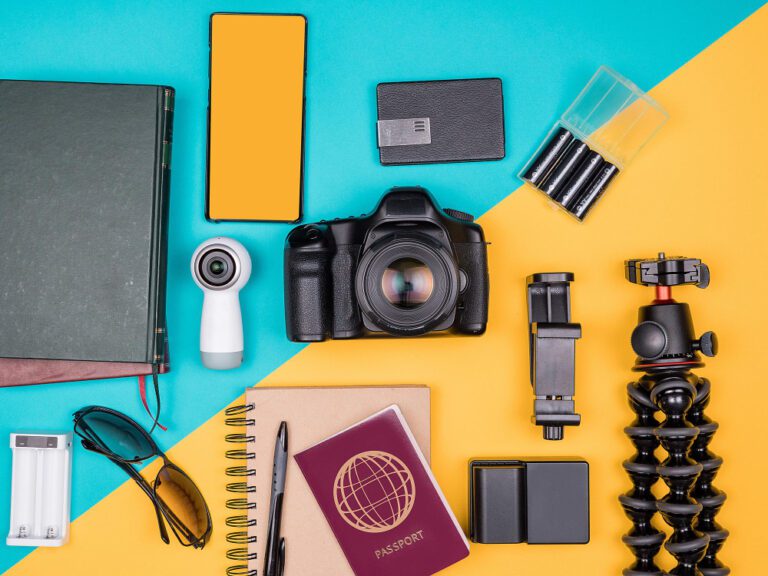Cultural Etiquette in Japan: A Guide for Respectful Visitors
Planning a trip to the Land of the Rising Sun? From its futuristic cities to ancient temples, Japan has a wealth of attractions to explore. But before you embark on your journey, it’s essential to familiarize yourself with the local customs and etiquette to ensure a respectful and enjoyable visit.
1. Respect in Interactions
In Japan, respect is deeply ingrained in all forms of communication. One of the most visible expressions of this is the bow. Bowing can signify a greeting, gratitude, or apology, with deeper bows representing more respect.
2. Public Behavior
Japanese society values harmony and discretion. When in public, avoid loud conversations or behavior that draws attention. Also, remember that it is considered rude to eat or drink while walking in most places.
3. Shoes Off, Please


In many Japanese homes and traditional establishments, it’s customary to remove your shoes at the entrance. You’ll usually find a selection of slippers to wear indoors.
4. Bathing Etiquette
When visiting public baths or hot springs, remember to wash thoroughly before entering the bath. The bath is used for soaking, not cleaning, so ensure you’re clean before entering to respect the communal space.
5. Dining Etiquette


Japanese dining etiquette has a few rules to note. For instance, avoid sticking your chopsticks vertically into a bowl of rice, as it’s associated with funeral rites. And remember to say “Itadakimasu” before eating and “Gochisousama” after your meal as a show of gratitude.
6. Gift Giving
Gift-giving is an important part of Japanese culture, particularly when visiting someone’s home. Remember to present and receive gifts with both hands, and it’s customary to politely refuse a gift once or twice before accepting it.
By familiarizing yourself with these cultural norms and etiquette, you’ll not only show respect to your hosts but also enrich your travel experience. Remember, the goal is not perfection, but a sincere effort to understand and appreciate the culture of Japan.
Safe travels and enjoy your time in Japan!





